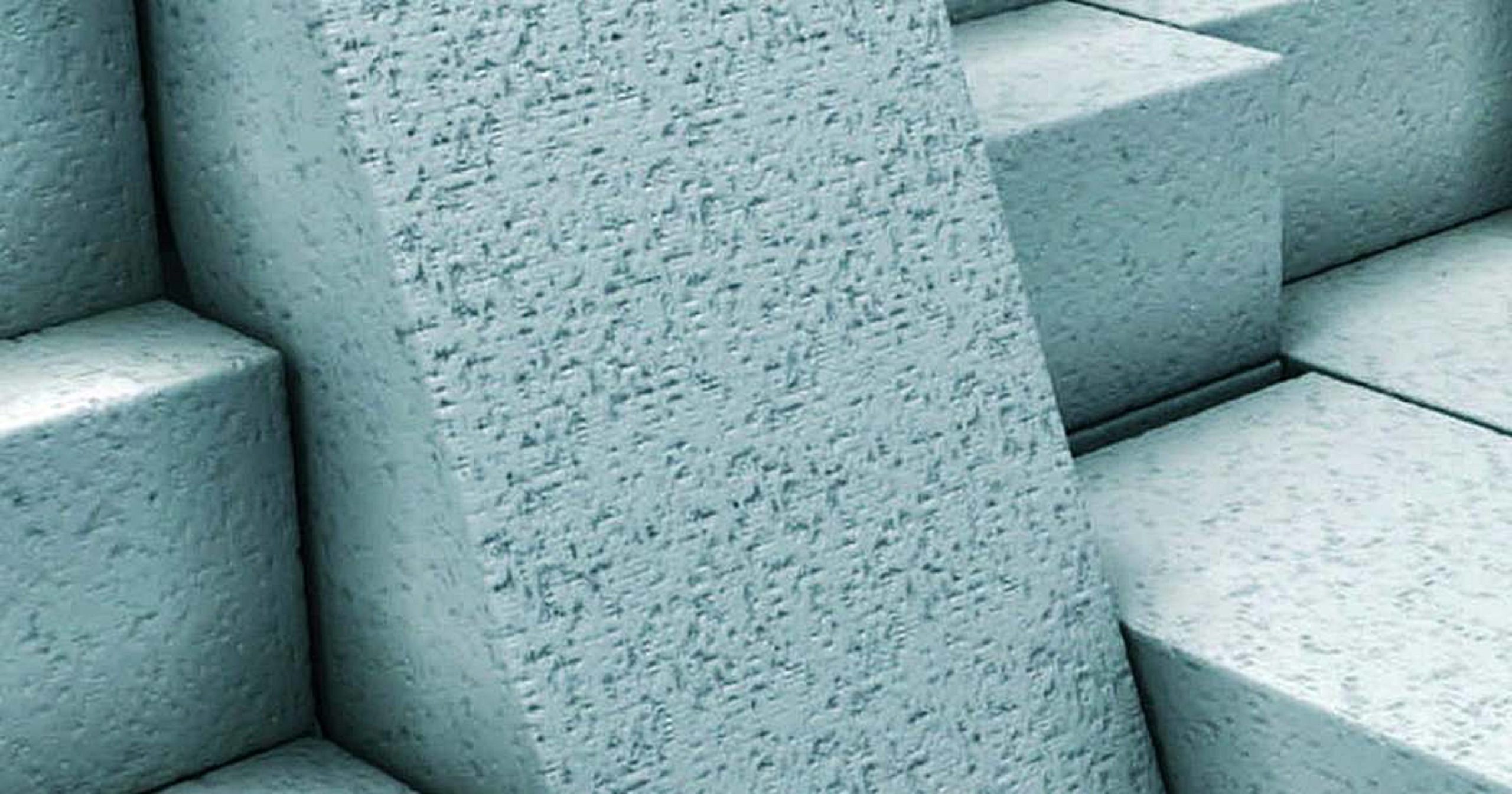Foam Mortar Technology Soft soil or soil with low structural strength is a serious challenge in infrastructure development. Construction on soft soils often requires a special approach to ensure the stability and safety of the building. In this article, we will explore foam mortar technology which is an innovative solution in construction on soft soils.
Introduction of Foam Mortar
Overcoming Soft Soil Problems Foam mortar a porous mixture made of cement. Water, foaming agent, and other additives. Foam mortar technology has been widely use in construction on soft soils.
This mixture has the characteristics of light weight, good thermal insulation and effective void space filling ability. Foam mortar also has high water resistance. Good bearing capacity and good dimensional stability. Making it an ideal choice for construction on soft soils.
Advantages of Foam Mortar Technology
An Effective Solution for Construction on Soft Soils The use of foam mortar technology. Has a number of significant advantages in construction on soft soils.
Structural Stability: Foam mortar can increase structural stability in soft soils by reducing the lateral forces applied to building walls. This reduces the risk of cracking or collapse in unstable soils.
Light Weight: Foam mortar is lighter in weight compared to conventional construction materials such as concrete. This reduces the load on soft soils and extends the service life of the structure.
Thermal and Acoustic Insulation: The foam mortar mix has good thermal insulation. Which helps in maintaining a comfortable temperature inside the building. In addition, foam mortar also has good acoustic isolation capabilities, reducing noise from outside the building.
Empty Space Filling Ability: Foam mortar does a good job of filling void spaces. Including cracks or crevices in soft soils. This helps increase the strength and stability of the construction.
Speed of Construction: The use of foam mortar in construction on soft soils allows for faster work compared to conventional methods. Foam mortar is easy to apply and provides fast and efficient results.
Foam Mortar Applications in Construction
Diversification of Uses of Foam Mortar Technology Foam mortar technology has a wide range of applications in construction on soft soils:
Building Foundation: Foam mortar can be use as a lightweight yet strong foundation material, helping in distributing loads evenly on soft soils.
Building Walls: Foam mortar can be use in the construction of building walls to provide good structural stability and thermal insulation.
Soil Reinforcement: Foam mortar can be used as a reinforcement material in soft soils to increase structural strength and prevent soil subsidence or deformation.
Roads and Bridges: Foam mortar can be used in the construction of roads and bridges in soft soils to reduce loads on soils and increase structural resistance.
Conclusion
Foam mortar technology is an innovative solution in construction on soft soils. With advantages such as structural stability, light weight, thermal and acoustic insulation, and void space filling ability, foam mortar is an effective choice to address challenges in infrastructure development on soft soils. With a wide range of applications, foam mortar technology can be use in a variety of construction projects, helping to create safe, stable and sustainable buildings.

